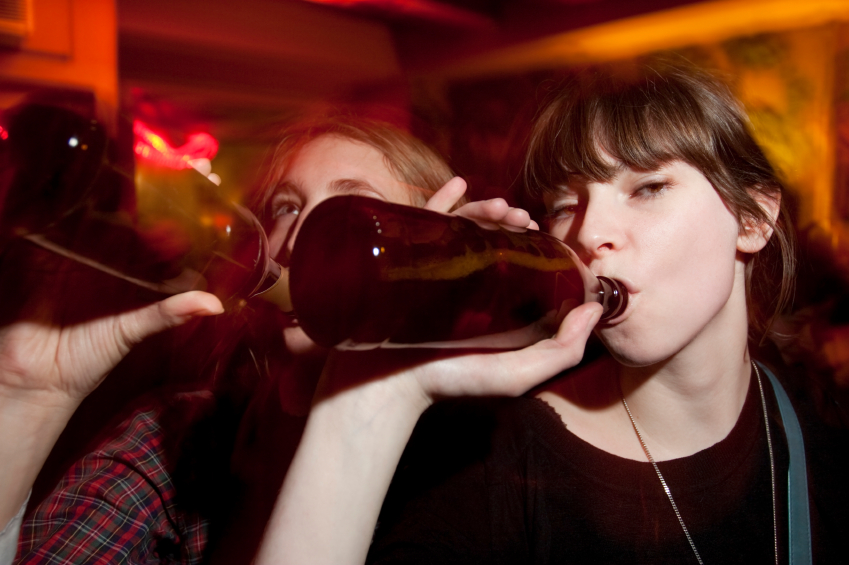Blog Categories

Drunk and Disorderly – CJA 1967 s. 91(1)
Drunk and disorderly is a well known offence and one of the more common ones to come before the magistrates’ courts. It is not complicated. In essence, to be found guilty, you must be drunk, in a public place, and acting in a disorderly manner. There is no special legal interpretation of the offence. The words are given their ordinary and natural meaning.
Whether the defendant is drunk is a question of fact in each case. There is no precise medical definition of drunk to be applied. Case law shows the bar is low: one can be found to be drunk simply where alcohol has affected your steady self-control. The lack of self control does not have to be solely attributable to alcohol.
Disorderly behavior similarly must be given its natural and ordinary meaning. It might involve shouting, fighting, threatening behavior, and so on. It must take place while drunk. The prosecution don’t have to prove that you were intentionally trying to cause a disturbance.
Public place again has no special legal meaning. It simply refers to any placewhere the public have access, whether a fee is required or not. The exact type of public place can be a factor relevant to sentence.
Commonly the offence takes place at bars and nightclubs. Police may be called by the bouncers. Alternatively the police may arrest you based on their own observations. Except in serious cases you will usually be offered a fixed penalty (£90) which can be paid within 21 days. Alternatively you can contest the charge in court.
Defences are usually factual – that is, you can establish reasonable doubt as to whether you were acting in a disorderly fashion or whether you were drunk. (It would be very rare for there to be any issue as to being in a public place.) However, the magistrates’ courts are not known for taking a sympathetic view of defendants’ explanations. They tend to believe a police officer’s evidence over a defendant’s.
If you are convicted of being drunk and disorderly in the magistrates’ court, you can receive a fine up to £1,000. The level of the fine depends largely on the degree to which you were drunk and disorderly. On the one hand, shouting or causing disturbance for a few minutes is at the lower end of the scale. If you have no criminal record and there are mitigating circumstances, and if well represented you may only receive a conditional discharge. Otherwise you can expect a fine in the region of 50% of your weekly income. On the hand, causing substantial discharge might land you with a fine of 100% of your weekly income. If there are aggravating factors – such as making the disturbance in a public place where there are young or vulnerable members of the public around – the fine could increase up to 150% of your weekly income. In all cases the fine is capped at the £1,000 mentioned above. Of greater concern may be the criminal record that follows.
If you are accused of a crime, contact Quentin now or have a look at Quentin can do for you here.